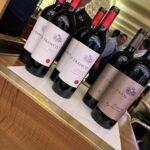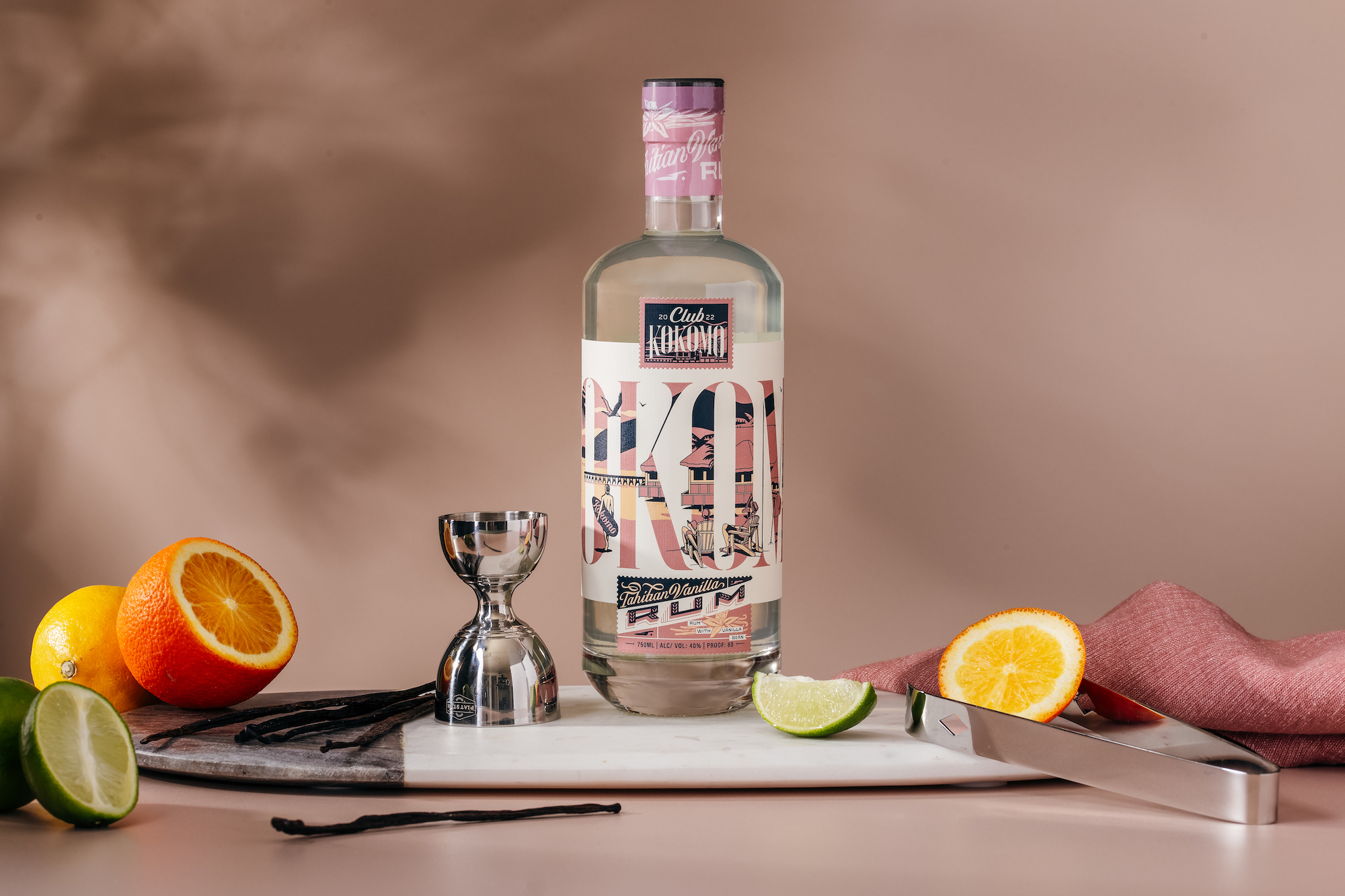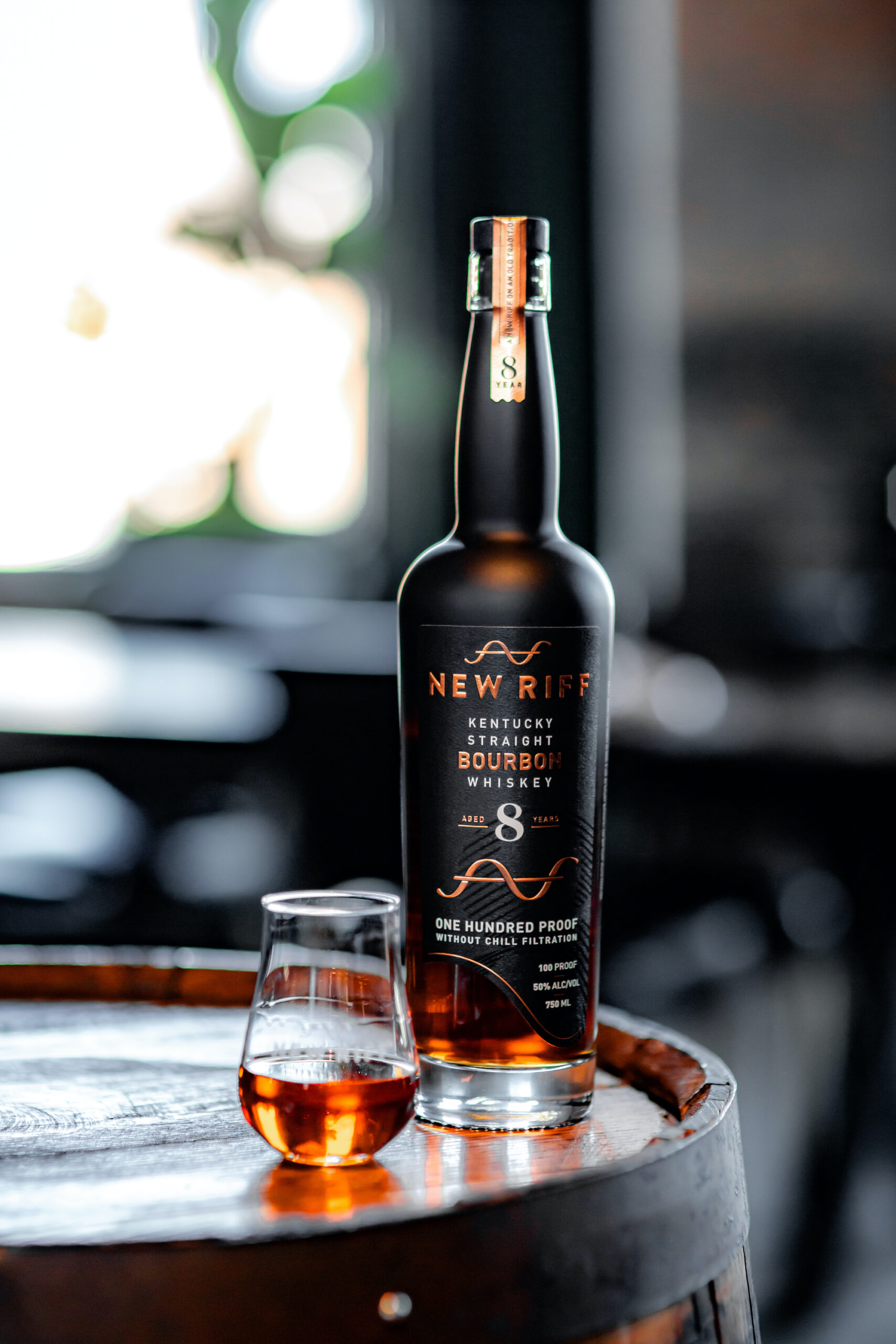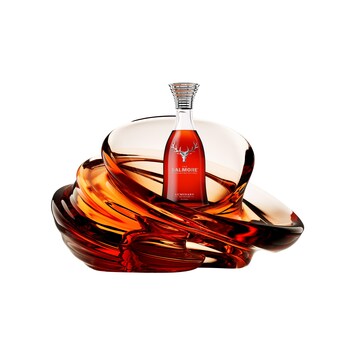A new global network unites people from across the world of wine with the aim of bringing about a revolution driven by environmental sustainability, landscape protection and social and cultural growth in the countryside
The Slow Wine Coalition’s first major meeting will be in Bologna, Italy, between February 26 and March 1, 2022. Sana Slow Wine will present the Slow Wine Fair, an international gathering of vignerons, professionals and enthusiasts, with debates, Taste Workshops and walkaround tastings.
The aim is nothing less than to set out the path for a new revolution in the world of wine, uniting stakeholders along the wine production and distribution chain around an awareness that the role of wine can no longer be purely hedonistic, linked to the pleasure of tasting, but must be based on an authentic environmental sustainability, the protection of the landscape and cultural and social growth in rural wine regions. This is the Slow Wine Coalition, Slow Food’s new global network, which has grown out of the experience and principles that have evolved around the Slow Wine guide, long produced by Slow Food in Italy. The English version covers wine in the United States, with almost 300 wineries from the country’s main wine-producing states reviewed.
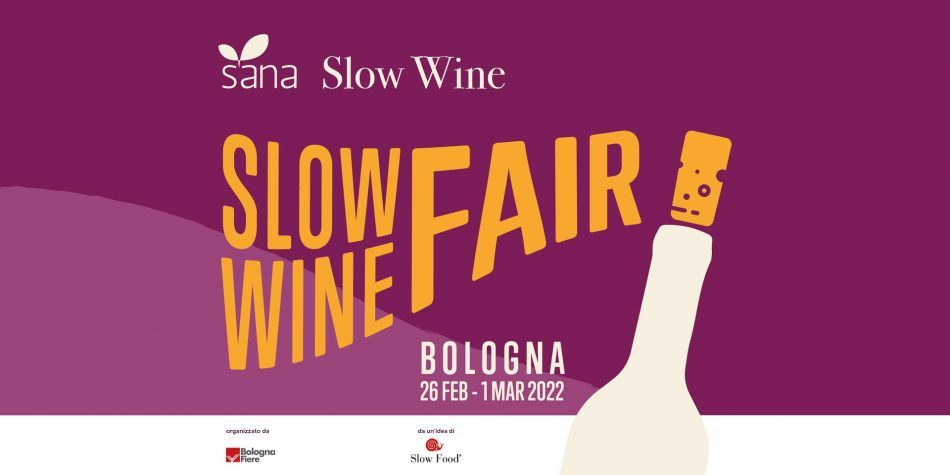 The Slow Food Manifesto for Good, Clean and Fair Wine
The Slow Food Manifesto for Good, Clean and Fair Wine
The Slow Wine Coalition wants to unite everyone involved in the wine industry—whether producers, importers, distributors, wine bar owners, restaurateurs, sommeliers, communicators, journalists or simply enthusiasts—who is inspired by the idea of good, clean and fair wine for all. The coalition’s values are encapsulated in the Slow Food Manifesto for Good, Clean and Fair Wine, a guide that sets out not just a series of principles for winegrowing, agronomy and enology, but also looks to biodiversity, the value of the land and the relationship with those who work in the vineyard and the winery.
Slow Wine Coalition coordinator Giancarlo Gariglio explains further: “The manifesto, previewed in Bologna on October 11, 2020 during SANA Restart, is the result of a long journey that crosses all of Slow Food’s history. Inspired by the experiences of the hundreds of vignerons who gathered in Montecatini and Florence in 2009 for the second edition of Vignerons d’Europe, it is not intended to be a closed document, but a starting point for debate and discussion. The roots of our association were sunk deep amidst the vines back in the early 1980s. Over 40 years the association has grown and expanded its horizons, but the link with wine has always been maintained, thanks to Slow Wine.
Despite that project’s success—uniting many enthusiasts under the banner of good, clean and fair wine—the guide, the website, the events and the large group of collaborators have not been enough to create a community. In this historic phase we realized that no challenge can be overcome on one’s own. This is why it is essential to create a community united around recognized, shared values.”
The three pillars of the Slow Wine Coalition: environmental sustainability, protection of the landscape and cultural and social growth in the countryside
Pollution, the loss of biodiversity caused by the use of weedkillers and desiccants, the imposition of monocultures in the most successful wine regions, the exploitation of workers… These are just some of the black marks that still stain the world of wine, the legacy of an outdated farming culture that many producers are now rejecting in favor of a real revolution that is slowly reshaping the industry.
The road ahead is long, and particularly at the start will require a collective effort, guided by those who have already taken the first steps.
Many wineries have begun experimenting with sustainable cultivation systems, practicing organic and biodynamic agriculture. In the future, particularly in light of the fight against the climate crisis, this sector will have to accelerate and offer a virtuous example to other types of cultivation, which are often less fortunate when it comes to economic margins.
What’s more, the best vineyards are often located in the hills and mountains, on steep slopes, where grapes are the only way to create value and maintain human oversight of the environment. This is where a modern winery can take on a central role in defending the landscape, protecting its beauty and integrity, and encouraging the development of a tourism system attentive towards ecology and gastronomy.
Lastly, wineries are places of integration for many migrant workers who provide important labor while also settling in the hills and villages in wine-producing areas. Relationships with these workers should be aimed at valuing their existing skills and if possible giving them new ones.
Alliances as a response to the crisis in our time
Alliances, thematic networks and coalitions are the model Slow Food has identified since the first editions of Terra Madre to respond to the crisis we are living through: cross-cutting, collaborative networks that unite all the actors in a specific industry around shared values, abandoning the model of society based on competitivity. One of the most recent is the Slow Food Coffee Coalition, which brings together stakeholders along the coffee chain, from producers to roasters, distributors to connoisseurs, united by their shared passion for the beverage.
Looking forward with the Slow Wine Coalition
The Slow Wine Coalition has a packed calendar for the coming months. Already in July, Slow Food will be helping to organize meetings between the first coalition participants in Italy and abroad who will be signing the Manifesto for Good, Clean and Fair Wine and talking about the principles that inspire them.
The most important dates for all vignerons, wine-industry professionals and enthusiasts who identify with the manifesto’s principles will be February 26 to March 1, 2022. This is when the Slow Wine Fair will be held in Bologna, presented by Sana Slow Wine, an international event dedicated to good, clean and fair wine, The event, organized by BolognaFiere under Slow Food’s creative direction, will be hosting the first international gathering of the Slow Wine Coalition. This opportunity for debate and discussion among all the participants in the network has been modeled on the almost 20-year experience of Terra Madre. During the four days of the Slow Wine Fair, hundreds of producers will come together for conferences, debates and tastings and to exhibit thousands of wines from all over the world. This showcase will be enriched by a collaboration with the Società Excellence, which represents the 18 leading wine distributors in Italy. Enthusiasts will be welcome on Sunday, while Monday and Tuesday will be dedicated to professionals.
The Slow Wine Coalition is an international alliance based on the desire to explore themes that are vital to the future of our planet, a desire that will find fertile ground in which to take root in Bologna and Emilia-Romagna, thanks to the willingness of all the participants involved in this initiative. The Slow Wine Fair has developed out of the partnership between Slow Food and BolognaFiere that was launched between the 2020 editions of Sana Restart and Terra Madre Salone del Gusto. Despite the challenges of pandemic times, both events have still managed to construct a fruitful cooperation based on shared values.
The Slow Wine Fair will also see the participation of FederBio, a long-standing partner of BolognaFiere with Sana and an active collaborator with Slow Food.
Slow Food is a worldwide network of local communities founded in 1989 in order to counteract the disappearance of local food traditions and the spread of fast food culture. Since then, Slow Food has grown to become a global movement that involves millions of people in more than 160 countries and works so that we can all have access to good, clean and fair food.


